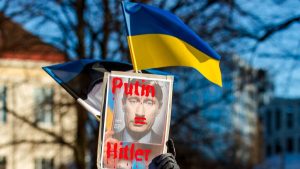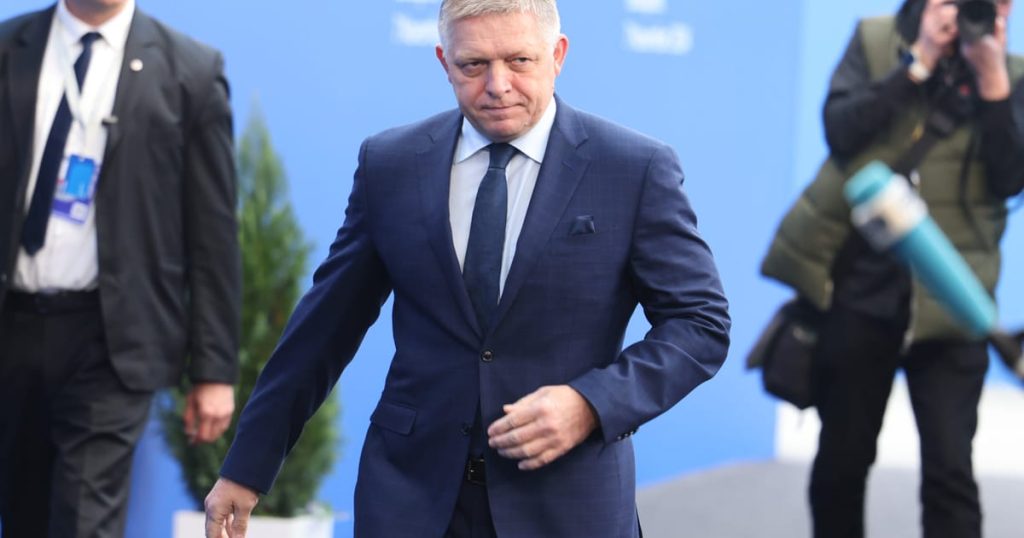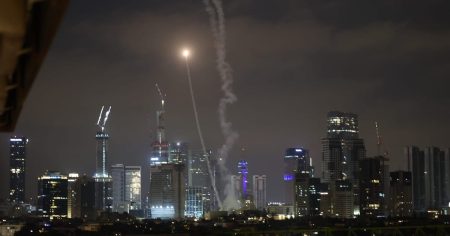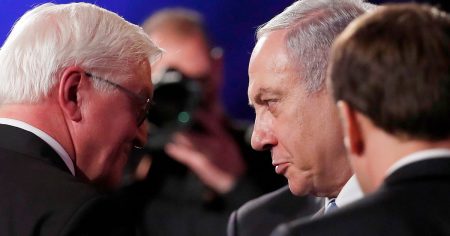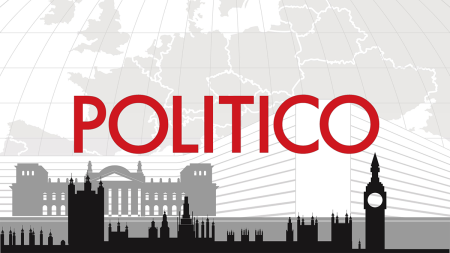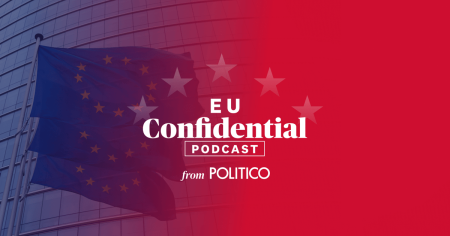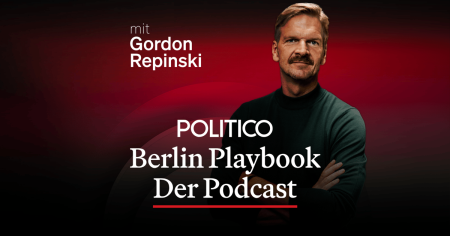The looming expiration of the Russian gas transit contract through Ukraine has ignited a contentious dispute between Slovakia and Ukraine, with potential repercussions for regional energy security and political relations. Slovak Prime Minister Robert Fico has issued a stern warning to Ukraine, threatening retaliatory measures if Kyiv halts the transit of Russian gas through its pipelines come January 1st. Ukrainian President Volodymyr Zelenskyy’s declaration that Ukraine will not extend the existing contract, coupled with his accusation that Fico is aiding Russia’s war effort by purchasing Russian gas, has further escalated tensions. Fico’s proposed countermeasures include halting electricity supplies to Ukraine, a move he claims would severely impact the country’s energy stability during grid failures.
Fico’s rationale for opposing the termination of the gas transit agreement centers on the anticipated negative economic consequences for the European Union. He argues that ending the transit arrangement would inflate energy costs for the bloc, diminishing its competitiveness and placing an undue burden on Slovakia, which relies on the transit fees and access to Russian gas. Fico’s public rebuke of Zelenskyy underscores the deep divisions between the two countries on this issue, with the Slovak Prime Minister accusing the Ukrainian leader of prioritizing political considerations over the practical energy needs of Slovakia and the wider region.
At the heart of this dispute lies the expiring 2019 gas transit agreement between Russia and Ukraine. Kyiv’s refusal to renew the deal stems from its desire to sever energy ties with Moscow and reduce its dependence on Russian energy. Ukraine has proposed utilizing its own domestic gas production as an alternative supply for its neighbors, including Slovakia and Hungary. However, both Slovakia and Hungary, led by Fico and Viktor Orbán respectively, have been actively lobbying Kyiv to reconsider its decision, citing concerns about supply security and potential price hikes during the winter months.
Their appeals to the European Commission for support in mediating an extension of the transit agreement have been unsuccessful, with the EU declining to intervene in the negotiations. Fico’s surprise visit to Moscow over the Christmas holidays to discuss gas supplies with President Putin further exacerbated tensions with Ukraine, prompting accusations from Zelenskyy that Fico’s actions undermine European unity and bolster Putin’s position. Zelenskyy’s advisors have claimed that Slovakia benefits significantly from discounted Russian gas, estimating annual earnings of around half a billion dollars.
Fico’s stance on the gas transit issue reflects his broader pro-Russian position, which has become increasingly prominent since his return to power last year. He has openly opposed Ukraine’s NATO membership aspirations and pledged to cease military aid to Kyiv, positioning himself as a key advocate for Russia within the European Union. This stance has drawn sharp criticism from Ukraine and its allies, who view Fico’s actions as emboldening Putin and undermining efforts to isolate Russia.
The escalating tensions between Slovakia and Ukraine over the gas transit agreement highlight the complex geopolitical dynamics at play in the region. The dispute underscores the challenges of balancing energy security concerns with political considerations, particularly in the context of the ongoing war in Ukraine and the broader effort to reduce European dependence on Russian energy. The outcome of this standoff will have significant implications for regional energy markets, political relations, and the future of European energy policy. Fico’s threat of retaliatory measures against Ukraine, coupled with Kyiv’s determination to sever energy ties with Russia, has created a volatile situation with potentially far-reaching consequences.


